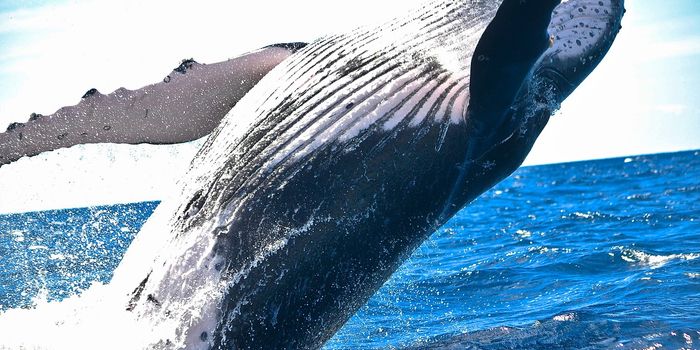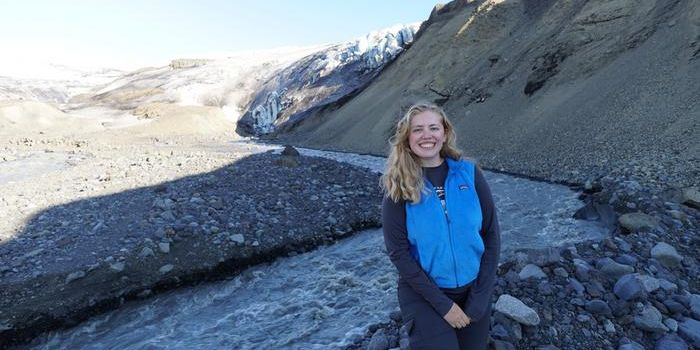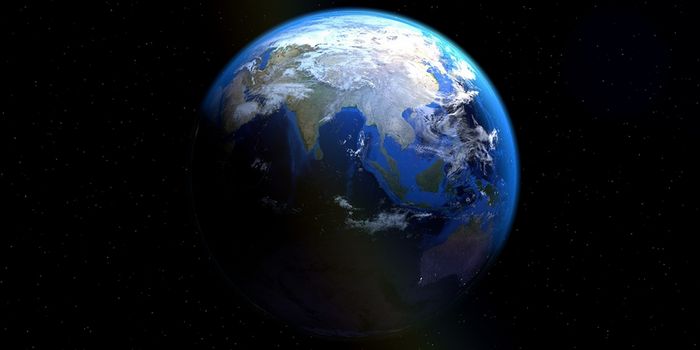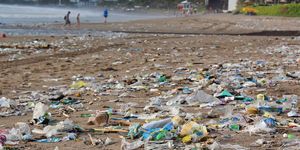Microplastics are getting stuck in the bones of coral reefs
Unfortunately, it’s commonplace to hear about our seas being polluted with plastic. Many articles and research projects have highlighted the abounding multitudes of plastic waste that reside throughout our oceans. Much of this refuse is in the form of microplastics, extremely small pieces of plastic that can take centuries or even millennia to break down into the kinds of molecules that are normally found in seawater. A recent study published in Global Change Biology looks at how these microplastics interact with one of the most fundamental components of oceanic ecosystems, coral reefs.
The study, performed by a team of researchers from Germany’s Justus Liebig University, was borne out of a desire to find answers to the “missing plastic” phenomenon: a discrepancy between the amount of microplastics entering the ocean and microplastic concentrations found in seawater. The good news is that the researchers were able to find the missing plastic. The bad news is that they found the mysterious microparticles inside the skeletons of coral reefs.
The researchers set up a mock ocean to test how microplastics and coral interact. Over the course of the 18-month experiment, the researchers observed the coral absorbing the pieces of plastic, with the highest levels of accumulation occurring in the skeleton of the coral. Most of this accumulation happened when the coral was growing. As the bones of the reefs grew and took shape, microplastics became cemented inside of them.
With these observations, the researchers conclude that coral reefs can act as permanent environmental sinks which absorb available microplastics in the ocean, especially in shallow waters. This conclusion not only gives a better picture of the oceanic impact and distribution of microplastic but also of coral reefs and their importance “for the ecological balance of the oceans.”
Protecting the world’s oceans and sea life from plastic pollution is a worldwide concern. With research such as this study displaying how plastic pollution impacts one of the backbones of aquatic life, coral reefs, the concern and need to address the pollution only grow in priority and immediacy.
Source: Global Change Biology
Banner Image Source: Jonathan Zander









